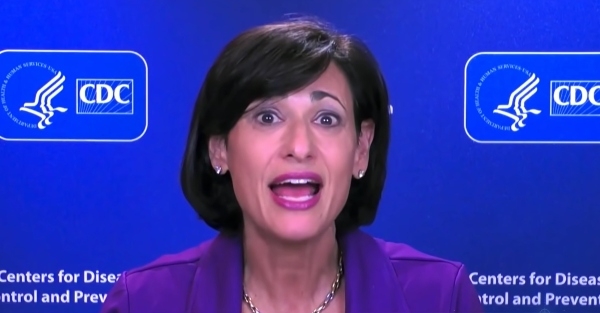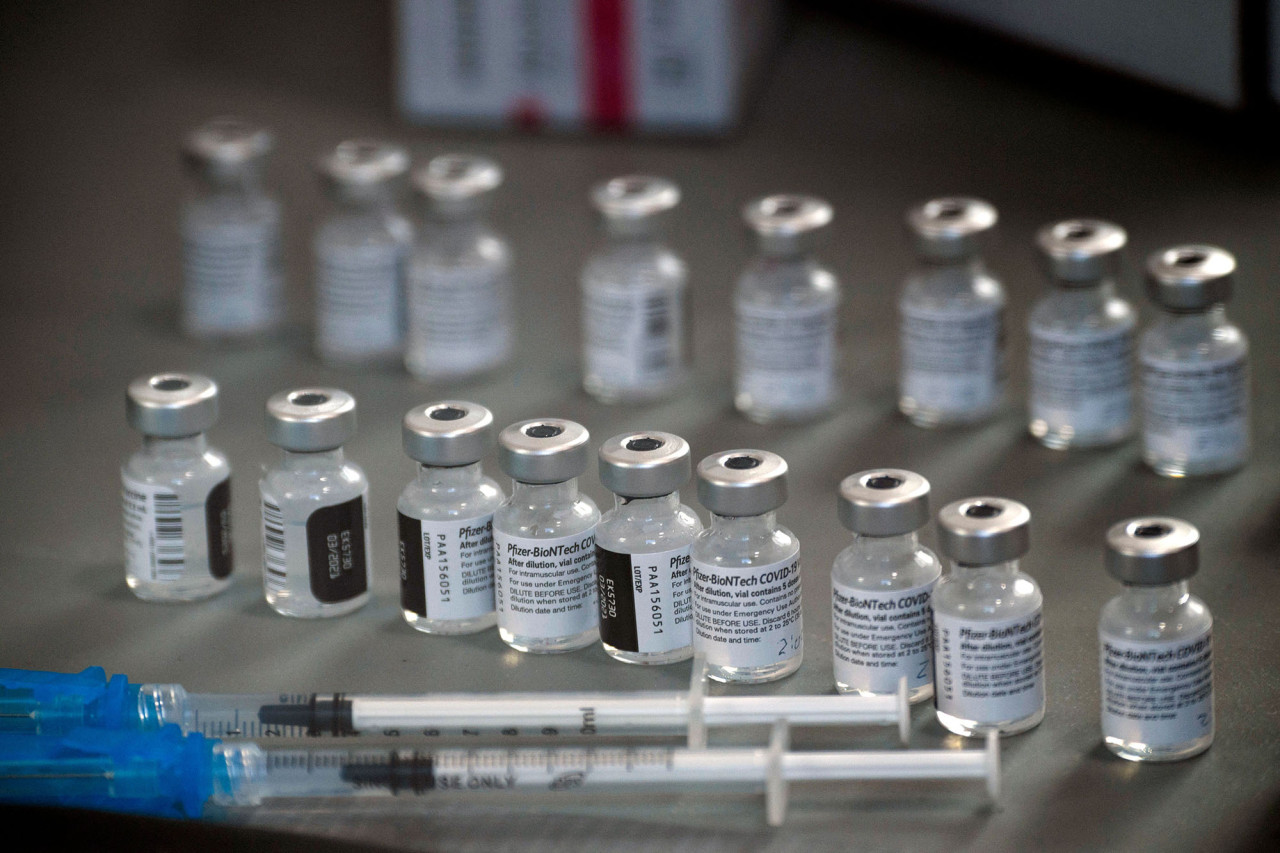UK doctors warn of new MENTAL HEALTH pandemic following Covid lockdowns
02/22/2022 / By Ramon Tomey

Doctors in the United Kingdom recently warned of a mental health pandemic after the Wuhan coronavirus (COVID-19) lockdowns. They pointed out that almost 10 million people in England – including 1.5 million children – may require treatment for different mental health issues.
Officials of the Royal College of Psychiatrists (RCPsych) and the National Health Service (NHS) Confederation told the Guardian that there are currently 1.6 million Britons awaiting specialized mental health treatment. They added that a further eight million people cannot even get on a waiting list despite being eligible for mental health support.
NHS Confederation Chief Executive Matthew Taylor said: “For a worrying number of people, the virus is leaving a growing legacy of poor mental health that services are not equipped to deal with adequately at present. With projections showing that 10 million people in England, including 1.5 million children and teenagers, will need new or additional support for their mental health over the next three to five years – it is no wonder that health leaders have dubbed this the second pandemic.”
RCPsych President Dr. Adrian James agreed with Taylor. He said: “Millions of children, young people and adults are seeking help from mental health services that are overstretched and under-resourced. We urgently need a fully-funded mental health recovery plan … to ensure everyone with a mental illness can get the help they need, when they need it.”
Downing Street itself has acknowledged the impact of lockdowns on Britons’ mental health. According to a document published Feb. 21 by the office of Prime Minister Boris Johnson, citizens’ mental health “have also been negatively impacted.”
It continued: “Self-reported measures of personal well-being dropped to record lows during the first and second [COVID-19] waves, with some groups experiencing particularly poor or deteriorating mental health.” (Related: Extended coronavirus lockdowns having severe negative effect on mental health of children – report.)
Doctors in the UK now stretched thin
The Guardian piece also noted the practice of “bouncing back” mental health patients in some areas in the U.K. due to the health systems there being stretched thin. Due to being overwhelmed, some specialist mental health providers have referred the most serious cases back to general practitioners (GPs) that originally referred them.
Oftentimes, the patients referred back to their GPs are at risk of self-harm, starvation and even suicide. This has caused several doctors to raise concerns that this practice could cause the deaths of those with mental health issues for lack of sufficient care.
Dr. David Turner, a GP in Hertfordshire in southern England, said his utmost concern about the situation led him to publicly speak out about it for the first time in his 25-year career. “I and many other GPs feel the issue has become critical, and it is only a matter of time before a child dies,” he said.
According to Turner, access to mental health services for children and adolescents was “never great pre-COVID” and had only become “appalling” since then. He explained that a spike in demand during the pandemic and prior under-investment in these services were putting patients at risk.
The Hertfordshire GP also spoke about the practice of “bouncing back.” He explained that under this practice, GPs are tasked to carry out weekly monitoring of weight, blood and vital organs for patients with anorexia nervosa and other mental health issues. “We have no specific training in this specialized area,” said Turner.
Fellow GP Dr. Phil Moore – who chairs the NHS Confederation’s mental health, learning disability and autism system group – shared the same concerns. He warned that the mounting backlog of mental health care could see patients “deteriorating to the point of crisis.” Moore commented: “No clinician wants to see this happen. This was a problem before [the COVID-19 pandemic,] but things are a lot worse now.”
More related stories:
COVID-19 lockdowns causing deterioration of children’s mental health.
Mental health crisis, tyrannical mandates characterize pandemic – Brighteon.TV.
Coronavirus pandemic creating “perfect storm” for huge global mental health crisis.
An invisible danger: Coronavirus pandemic a threat to the mental health of Americans.
Experts warn impact of coronavirus pandemic on children’s mental health is “increasingly alarming.”
Watch the video below highlighting 10 tips for mental health during lockdown.
This video is from the Health Tips channel on Brighteon.com.
Pandemic.news has more stories about the decline of mental health amid the COVID-19 pandemic.
Sources include:
Assets.Publishing.Service.Gov.uk [PDF]
Submit a correction >>
Tagged Under:
anxiety, children's health, covid-19, depression, general practitioners, healthcare, lockdowns, mental health, mind, National Health Service, pandemic, psychology, United Kingdom, Wuhan coronavirus
This article may contain statements that reflect the opinion of the author
RECENT NEWS & ARTICLES
COPYRIGHT © 2017 PLAGUE INFO





















